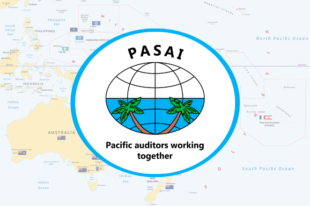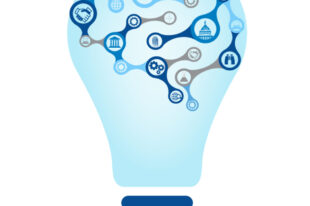SAI Effectiveness, Resilience During Crises

by Hocine Benssam, Director of Studies, Department of Studies and Information Processing, Court of Accounts, People’s Democratic Republic of Algeria
The COVID-19 Pandemic has, more than ever, tested the resilience of both Supreme Audit Institutions (SAIs) and governments and has had multi-dimensional impacts on society. This situation has created a need for SAIs to contribute to national response efforts through effective oversight work. In such circumstances, SAIs can provide added value and benefits to stakeholders by fully exercising audit work quickly and efficiently.
As SAI legal mandates vary from country to country, so does the context of crisis intervention—some able to act during the crisis, others only after government program and policy implementation. Despite such limitations, SAIs, in one way or another, can adapt.
SAIs can, for example:
- Focus audits toward sectors most affected by the crisis and its impacts, such as healthcare and the economy;
- Audit pandemic-related government funding to ensure resources are appropriately applied and that they achieve intended objectives; and
- Evaluate the various measures initiated by governments, resulting in more effective public service distribution, as organizations are better able to review priorities and reorient actions based on identified shortcomings and recommendations.
The pandemic has highlighted the importance for SAIs to equip themselves with new technologies for working remotely to ensure connectivity and continuity of operations.
The pandemic has also showcased a need for increased collaboration with relevant stakeholders in reviewing operating modes and reflecting on strategies to improve resilience to crises and disasters.
SAI independence remains a vital component in strengthening effectiveness and resilience. Bearing strong legal mandates as well as sufficient resources and capacities further allows SAIs to provide good governance—locally, regionally, nationally and internationally.





